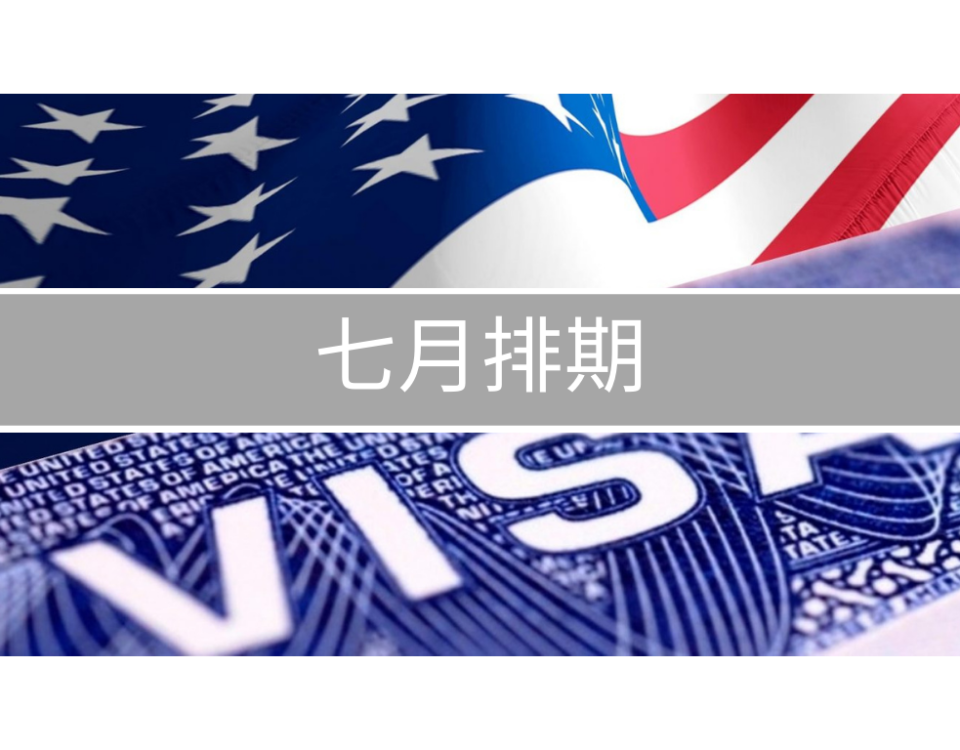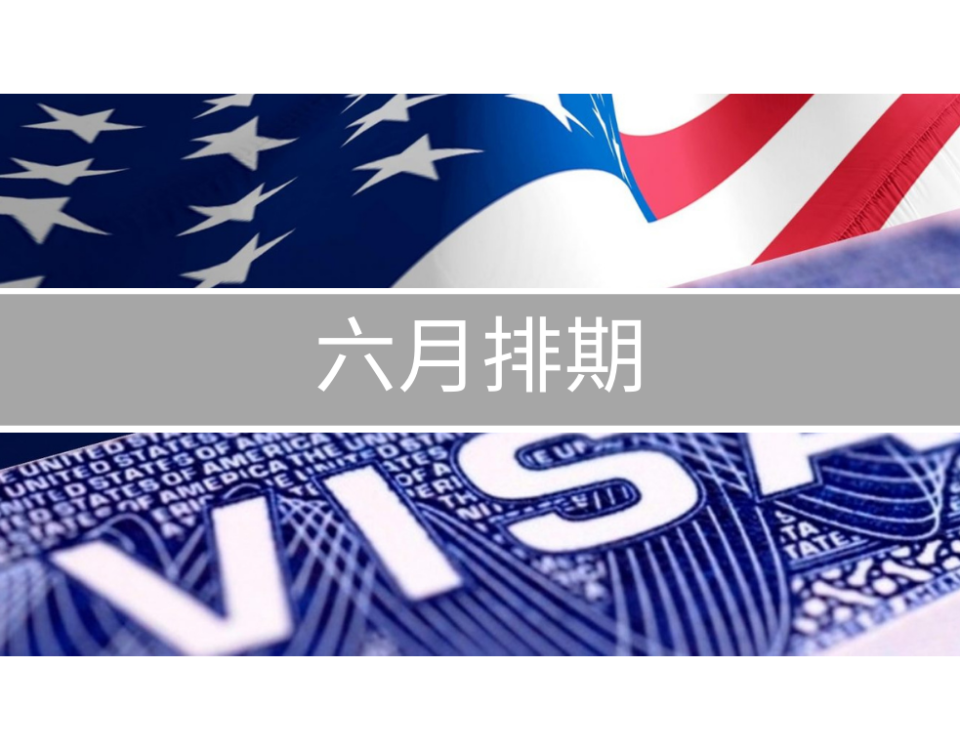Estate Planning for Foreign Nationals: The Foreign Non-Grantor Trust

L1A Vs L1B Visa
January 7, 2019
In California, Should You Use A Living Trust or a Will?
March 31, 2019Contact Sapient Law Group for a Consultation
You can almost say that living trusts come in many different shapes and sizes. Given the many estate planning options available to individuals, it is no wonder why so many are overwhelmed by the complexities of it all and end up procrastinating on their life planning goals. Adding to that complexity is the issue of the foreign nationals who wish to set up a trust for the benefit of U.S beneficiaries. However, these individuals may be in one of the most advantageous positions for safeguarding their wealth.
(If you are just getting acquainted with estate planning, a living trust is a legal instrument that holds and manages assets for beneficiaries. A grantor is a person that sets up the trust and owns the assets. A trustee is a person who manages the trust and can be appointed by a grantor. A grantor can also serve as a trustee.)
The cliche of the United States as a melting pot is truer now than it at any time. A large portion of the U.S. population has roots in almost every corner of the world. And it’s in these places where many families have established themselves and accumulated wealth, sometimes for many generations. Many families in the U.S. are made up of foreign nationals with U.S. born children. These individuals may own assets abroad, usually in their country of origin, but also in the United States. The question for them is how to set up a trust that benefits their U.S. born beneficiaries while allowing them to preserve as much of their wealth as possible, including valuable assets they may own overseas. Here we discuss two options for them, a foreign grantor trust and foreign non-grantor trust. But first, let’s define the differences between
A Grantor Trust Vs. Non-Grantor Trust
A non-grantor trust is an arrangement in which the donor (grantor) withdraws all of his/her control from the trust. Essentially, he or she gives up control over the assets and any income they produce – an example would be a property that generates rental income or stock positions that pay dividends. A non-grantor trust also means that this person gives up any right to rescind or amend the trust altogether. Quite simply, a grantor gives up control over all aspects of the trust and its assets. On the flip side, a grantor trust allows that person to hold control over the assets and any of its income benefits. This person can also make changes or rescind it completely.
Revocable Foreign Grantor Trust
An individual that is not a citizen or resident of the United States can set up a foreign grantor trust with assets acquired abroad as well as assets that were acquired domestically. As long as the grantor is living, the trust remains revocable which means that he/she can control the trust and its contents. He or she may appoint trustees as well as collect any income it makes from the trust assets. Upon the grantor’s death, the trust becomes irrevocable. Irrevocable means that the grantor cannot dismantle or amend the trust in any form.
A Revocable Foreign Grantor Trust becomes Irrevocable Upon the Grantor’s Death
Once it becomes irrevocable, any assets held in the U.S are subject to estate taxes, but assets owned in another country are not taxable under U.S. law. However, tax rules may still apply to them in their country of origin. An irrevocable trust becomes a single entity and it is responsible for filing its own tax return. Furthermore, if the trust produces any income from assets owned abroad, those profits are is subject to Federal Income Taxes. If the beneficiaries receive any income or capital gains, they must report those amounts on their own individual tax returns.
Irrevocable Foreign Non-Grantor Trust
For foreign-born nationals who are not residents or citizens of the U.S. and wish to transfer property to their heirs as gifts, these individuals may do some with the formation of an irrevocable foreign non-grantor trust. The grantor transfers assets to the trust as a gift. Gift taxes would apply to tangible assets held in the United States. Tangible assets would be considered real estate and personal items. The U.S. gift tax does not apply, however, to intangible assets. Stocks, bonds, and other securities are considered “intangible.” Gift taxes also do not apply to property owned outside of the U.S., including securities held in non-U.S. companies.
The main appeal for this type of trust is that it allows a foreign national to transfer an unlimited amount of wealth to beneficiaries free of many applicable taxes. It’s important to note, however, that the trust itself and the beneficiaries are still responsible for reporting any income and capital gains on their own tax returns. Keep in mind that an irrevocable
In Summary
Both foreign grantor and non-grantor trusts present opportunities for foreign nationals to accumulate wealth abroad, as well as domestically, and pass it into the U.S while substantially reducing their tax liability. Foreign property and intangible U.S. assets can be transferred as gifts through the setup fo an irrevocable non-grantor trust. However, with an irrevocable status, the trust owner may not make changes or dismantle it during the owner’s lifetime. Instead, a trust owner wishing to have control over the trust and its assets would want to create a foreign grantor trust.
It’s also important to point out that while
Regardless of which approach you chose, there will always be nuances to each individual’s wealth preservation scenario. It is best to consult the advice of an estate planning attorney that is knowledgable with setting up trusts for foreign nationals.
Have more questions about Foreign Non-Grantor Trusts? Contact us today to schedule a consultation.
Send us a message




